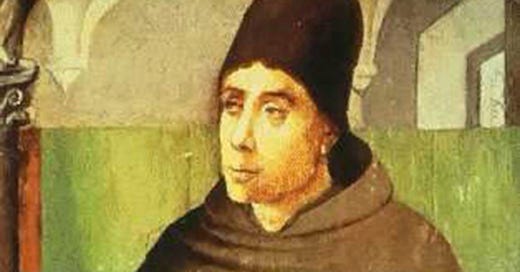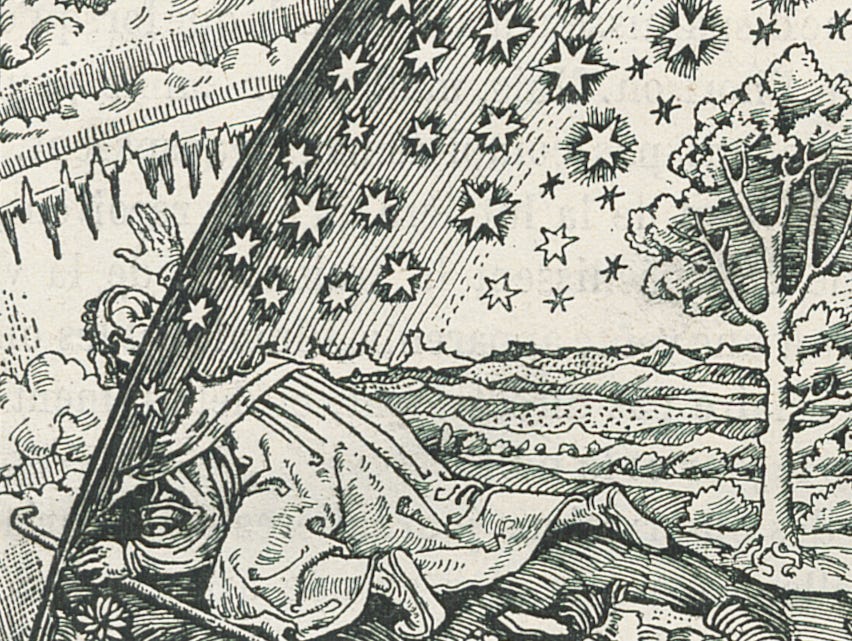Since Elon Musk bought Twitter in October, the social media company has introduced some changes that have impacted the user experience. Perhaps the most notable was the introduction of Twitter Blue, an initiative in which users pay a monthly fee in order to have their tweets and replies prioritized in others’ feeds and to have the ability to edit already-posted tweets. Twitter Blue is set to replace Twitter’s “blue check” verification system, in which celebrities and other prominent individuals or organizations could verify their identities (although Twitter is in the process of implementing a new verification program for organizations, with a hefty monthly price tag). These changes are bringing about a subtle transformation of the culture on Twitter; whereas the older blue check system rewarded users for authenticity and having some kind of authority or expertise (whether valuable or not!), the new system simply creates and boosts an elite group of super-users based on their willingness to pay.

In response to some of Musk’s early decisions after acquiring Twitter, particularly reversing the bans of several far right figures who had been excluded from Twitter for violating its terms of service, as well as “glitches” in which certain features of Twitter became temporarily unavaiable, many Twitter users migrated to other social media platforms such as Mastodon or Hive Social. These users, however, soon discovered that these platforms didn’t quite “feel” like Twitter because of differences in their design and structure.
These recent experiences of social media users illustrate a broader point regarding not just social media platforms, but all kinds of software applications, web sites, and even hardware systems: Digital technologies not only provide a platform through which users can make choices and communicate with one another, they create the structures that enable or disable different sorts of choices and forms of communication. The legal scholar and digital activist Lawrence Lessig expressed this point with his famous dictum “code is law” (which has sometimes been misunderstood), suggesting that technological design can shape behavior and even become a form of social control. This power to shape behavior may lead to unintended effects, however. As Siva Vaidhyanathan convincingly argues in Antisocial Media: How Facebook Disconnects Us and Undermines Democracy, Mark Zuckerberg and the designers of Facebook were motivated by an idealistic vision of how their social media platform could create global community and the sharing of ideas, but in reality created a potent system for spreading misinformation and promoting hate, in addition to sharing baby pictures and cartoons.
You might say that through digital technology, we create virtual mini-worlds with their own forms of logic, denizens and creatures, and codes of conduct. Given this important aspect of our contemporary world, I think it is enlightening to turn to the medieval theologian and philosopher John Duns Scotus’s account of God’s relationship to the created world. Scotus is the first major Christian theologian to serious wrestle with the question of “possible worlds,” or in other words, the possibility that God may have created the universe differently than He in fact did so. Scotus was not interested in possible worlds out of idle curiosity or perverse logic games, but rather, on the contrary, to deepen our understanding of God’s providence and the gratuity of God’s salvific work. He is less interested in questions like whether God could have created a world with purple cows, and more so in questions like whether God could have saved us without our cooperation in the process (which is not to say that the question of purple cows may not be an interesting one for us…).
Scotus’s account of possible worlds is based on the distinction between God’s absolute power and God’s ordained power. In simple terms, this distinction refers to that between what God could have chosen to do, and what God has in fact done, the order that God has in fact established in the universe (although the distinction itself is relatively simple, there are some complex issues arising from it that I will set aside here). Something like this distinction seems necessary to explain God’s freedom, for example the freedom to create or the gratuity of salvation. Thomas Aquinas made use of this distinction (for example, see ST I, q. 25, a. 5, ad 1), but it is not fundamental to his theology. Scotus, on the other hand, consistently explores the implications of this distinction, recognizing the important role of contingency in divine action. His explorations would prove highly influential over the next several centuries, not just for those who identified as Scotists, but also theologians and philosophers from other schools of thought, as well.
Scotus uses this distinction between absolute and ordained power to help sort through a number of theological topics (like the question of our cooperation in God’s gratuitous act of salvation that I mentioned earlier), but the question of possible worlds is most thoroughly discussed in his treatment of the thorny topic of God’s foreknowledge of future contingent events (i.e., how does God infallibly know what we will do in the future, given that we are free?). Scotus’s conclusion is that God knows future events will happen because God wills them to happen (there is certainly a risk of determinism here, which Scotus tries to avoid with his understanding of the relationship between divine and human agency, discussed below). Scotus argues that the divine intellect in itself knows all possible worlds, all the possibilities that God could will, but only knows actual created things once the divine will chooses one of those possible worlds and wills it into being.
These possibilities in the divine intellect include not just different possible rearrangements of the things existing in this world (for example, a world in which I was born in Italy, perhaps the best of all possible worlds), but even worlds in which the natures of things are constituted differently (purple cows!) or the very laws of the universe are constituted differently. As I noted earlier, Scotus is less interested in these types of possibilities and more in how God could have fulfilled the economy of salvation differently, but the very fact that he raises the question of possible worlds is nevertheless provocative for us today.
I think that the way we create “virtual mini-worlds” through social media and other digital technologies is a helpful analogy for Scotus’s account of creation, but I think there is a still deeper point that can be made. I think it is fair to say, as Christians have said for centuries, that human creativity is an imaging of divine creativity. And yet, in contemporary times, Christians have found a certain tension between the human capacity for creativity and reshaping the world around us, on the one hand, and God’s ordering of the world, on the other, even to the point of being suspicious of the former. For example, recent magisterial teaching has emphasized the “grammar” of nature (see Pope Benedict XVI, Caritas in Veritate, no. 48), both in reference to the natural world around us and our own existence as human beings, as a bulwark against modern, Promethean tendencies.
I think Scotus (and later Scotists, who further developed the ideas presented here) might offer us some profound insights for overcoming this tension. For one, as I have been emphasizing in this post, Scotus highlights the contingency of God’s own creation. I think this, in a certain way, relativizes what we mean by “nature,” without at all abolishing its normative power. Second, Scotus pays careful attention to the relationship between divine and human agency. He argues, for example, that although God wills all things, and could have willed all things in a deterministic way, God willed to create free beings with whom He would cooperate in freely willing. God also willed to permit those created beings to choose wrongly and introduce evil in the world. Therefore, human beings are little makers of their own worlds, the worlds of culture, law, economy, etc., and the “virtual micro-worlds” of digital technology, but working within the contingent world created by God, whether they realize it or not. For me, this offers a profound starting point for thinking through these questions regarding divine vs. human agency, freedom vs. nature, and so on. This is especially so once you factor in Scotus’s perhaps even more famous thesis, that God created the world precisely for the sake of the Incarnation, so that these free, creative beings could be united with God through love.
Of Interest…
At America, Michael Burns and Joseph Vukov engage in a conversation on some of the metaphysical and ethical questions raised by ChatGPT, the “large language model” (LLM) developed by OpenAI, and other forms of artificial intelligence.
The Catholic Theological Society of America also recently hosted a panel discussion on “Theology and Teaching in Light of ChatGPT” featuring Mary Kate Holman (whom I interviewed for Window Light last week!) as moderator and Anne Carpenter, Stephen Okey, and David Turnbloom as panelists. Unfortunately, the video recordings of the event are only available to members of the CTSA with login credentials.
A new Pew Research Center survey shows that only 43 percent of U.S. Latinos identify as Catholic, and among those who are U.S.-born and between the ages of 18 and 29, only 30 percent identify as Catholic, while 49 percent do not identify with any religious affiliation.
Coming Soon…
I hope to offer my own reflections on ethics and artificial intelligence soon. I had hoped to do so by now, but I was traveling this weekend and could not get to it.
I am also planning out future interviews for Window Light, since the two previous interviews, with the editors of the Journal of Moral Theology and with Mary Kate Holman have been so successful. Let me know in the Comments if you have any ideas for interviews!






